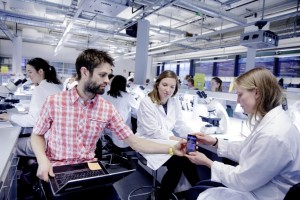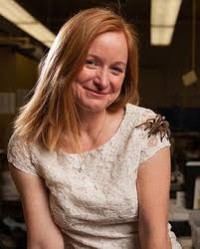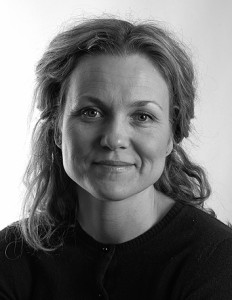Time and place: 12.15-13.00 Kapp Lee, UNIS
The presentation will be streamed. To watch it click here.
Sehoya Cotner is Associate professor in Biology teaching and learning at the University of Minnesota and a Professor II in bioCEED. Currently she is mapping the teaching landscape at UIB and UNIS by using the method Classroom Observation Protocol for Undergraduate STEM (COPUS) applyed to video captured lectures to score behaviors consistently and objectively.
In this presentation, Sehoya will give an overview of the benefits of scientific research experiences during a student’s academic career, discuss CUREs as an efficient and effective mechanism for incorporating meaningful research into the curriculum, give examples, and end with suggestions. She suspects that UNIS is a model system for studying CUREs, and hopes to discuss what aspects of course-based research are associated with positive impacts overall.



